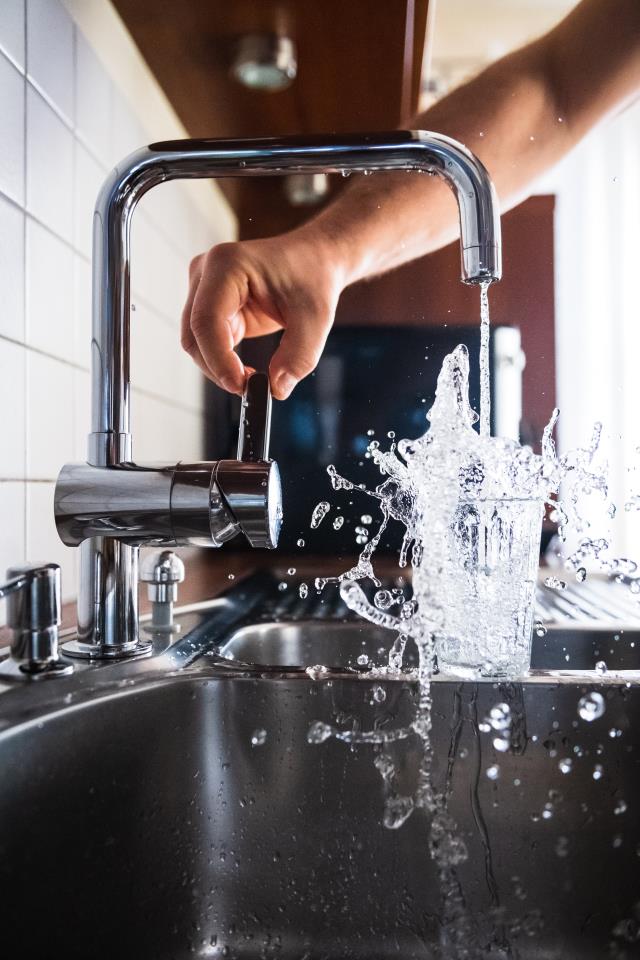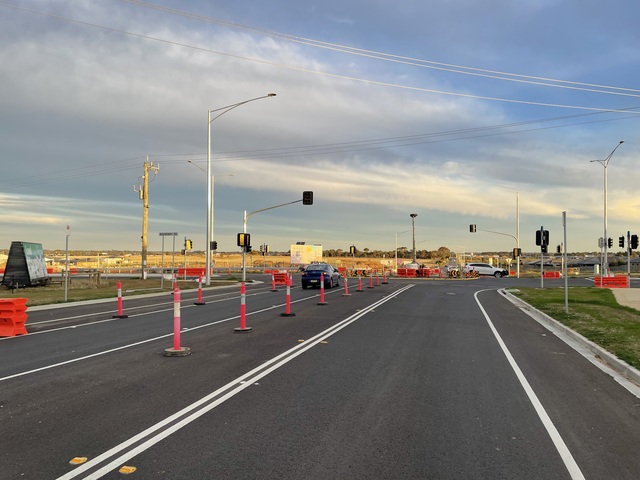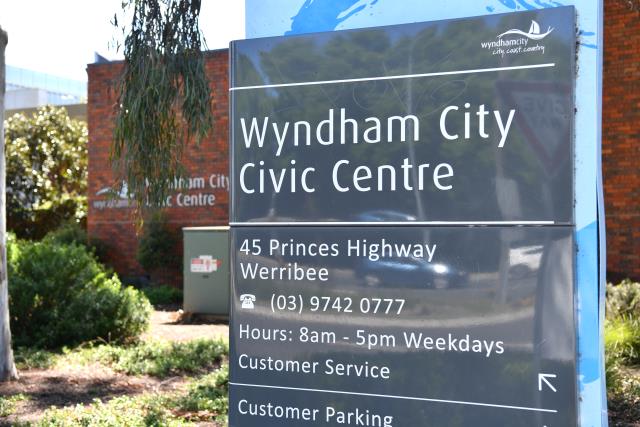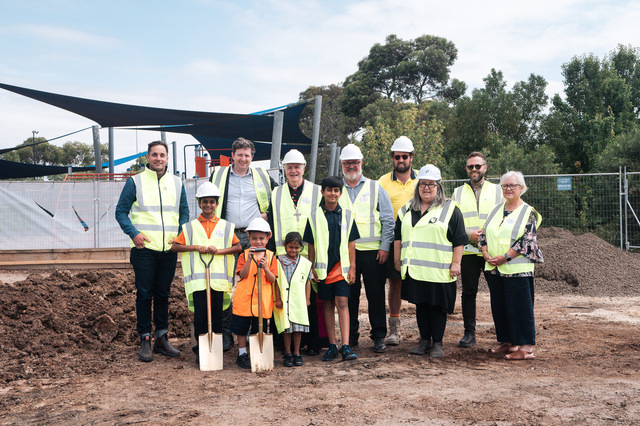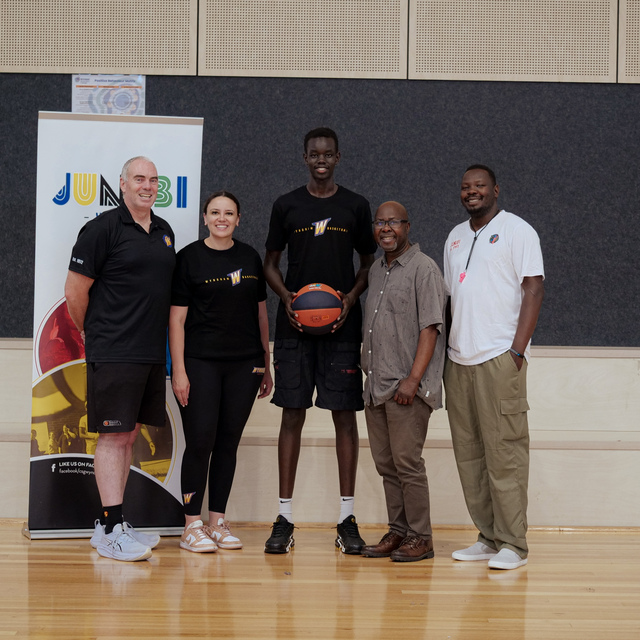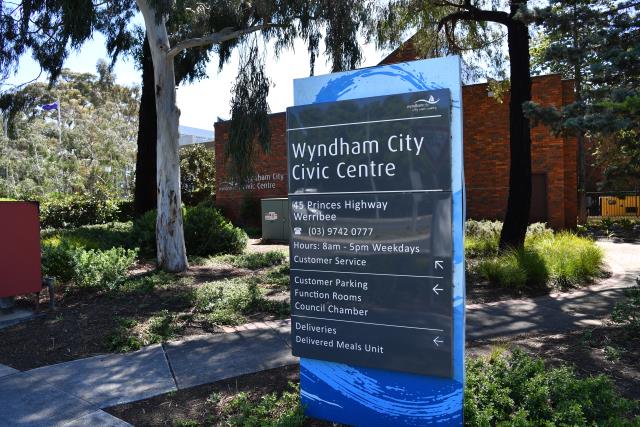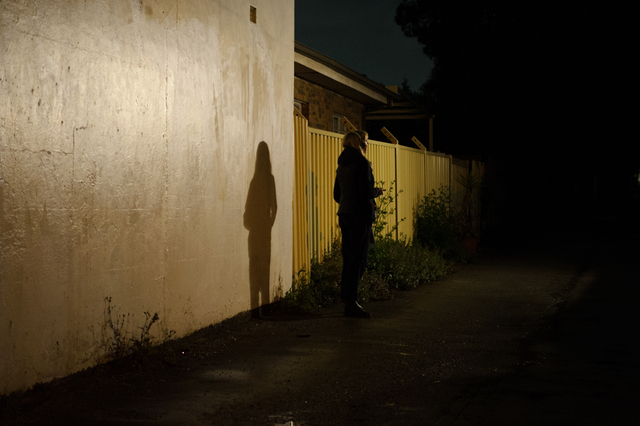Victoria University (VU) is helping an Australian water treatment company to test pioneering technology designed to remove harmful chemicals from contaminated soil, wastewater, and groundwater.
The Environmental Group Limited’s EGL Water selected VU as its research partner, from several Australian universities.
Together, the two organisations have been testing how effective the EGL Water treatment system is in removing perfluoroalkyl and polyfluoroalkyl substances (PFAS) from water.
PFAs are a group of more than 4000 man-made chemicals that can potentially cause birth defects, cancer and thyroid issues, if someone ingests or is exposed to a large amount of them, for example in drinking water.
Industry and governments recognise PFAS as problematic in the environment.
While existing technologies use an absorption process to remove PFAS from water, which requires a subsequent incineration process, EGL’s system destroys the PFAS, converting it to a non-toxic chemical.
In pilot tests on a small-scale laboratory rig of the EGL system and a VU-made laboratory scale rig at its Werribee water research centre, researchers found an 87 percent reduction in PFAS-contaminated water using EGL technology.
During testing, the system removed more than 80 per cent of PFAS from contaminated soil and water.
VU’s Institute for Sustainability and Liveable Cities executive director, Professor Stephen Gray, said: “The EGL technology has immense potential and we are now looking to extend the research from laboratory-scale to larger-scale pilot studies for treatment of PFAS-contaminated soil.”
Based on VU’s research efforts, EGL recently conducted a successful commercial trial at Reclaim Waste in Laverton North to remove PFAS from water and soil.

